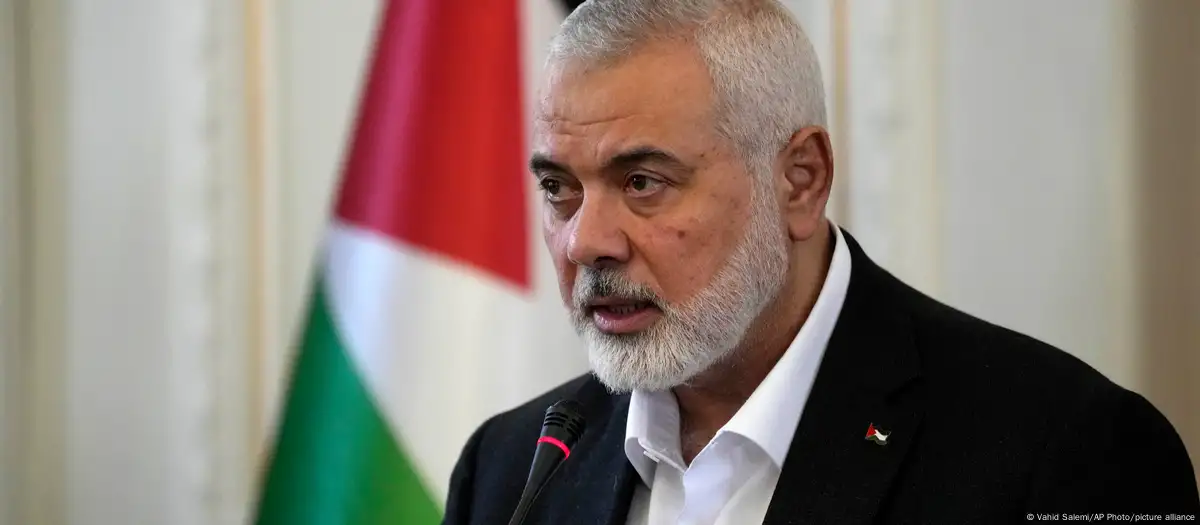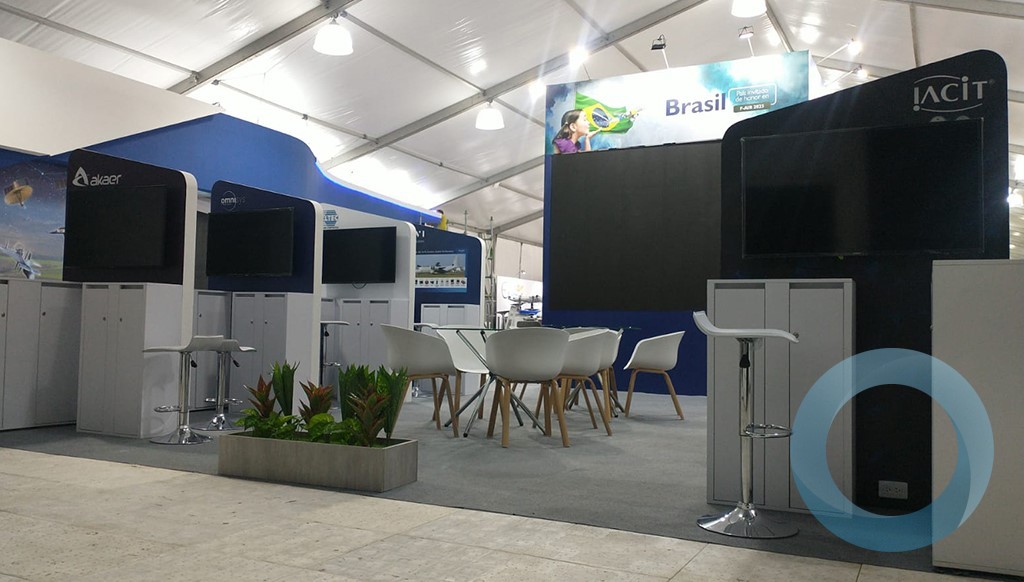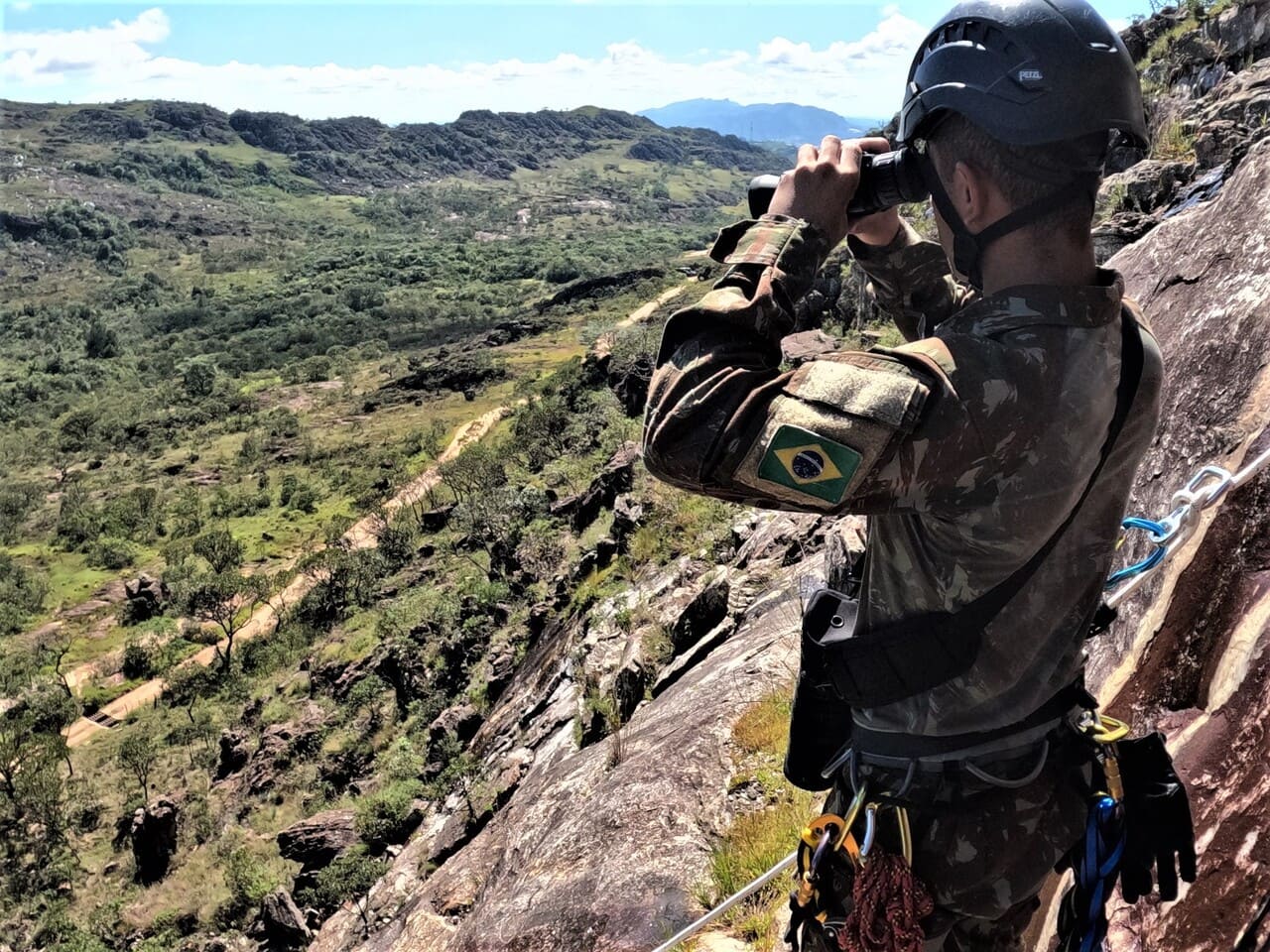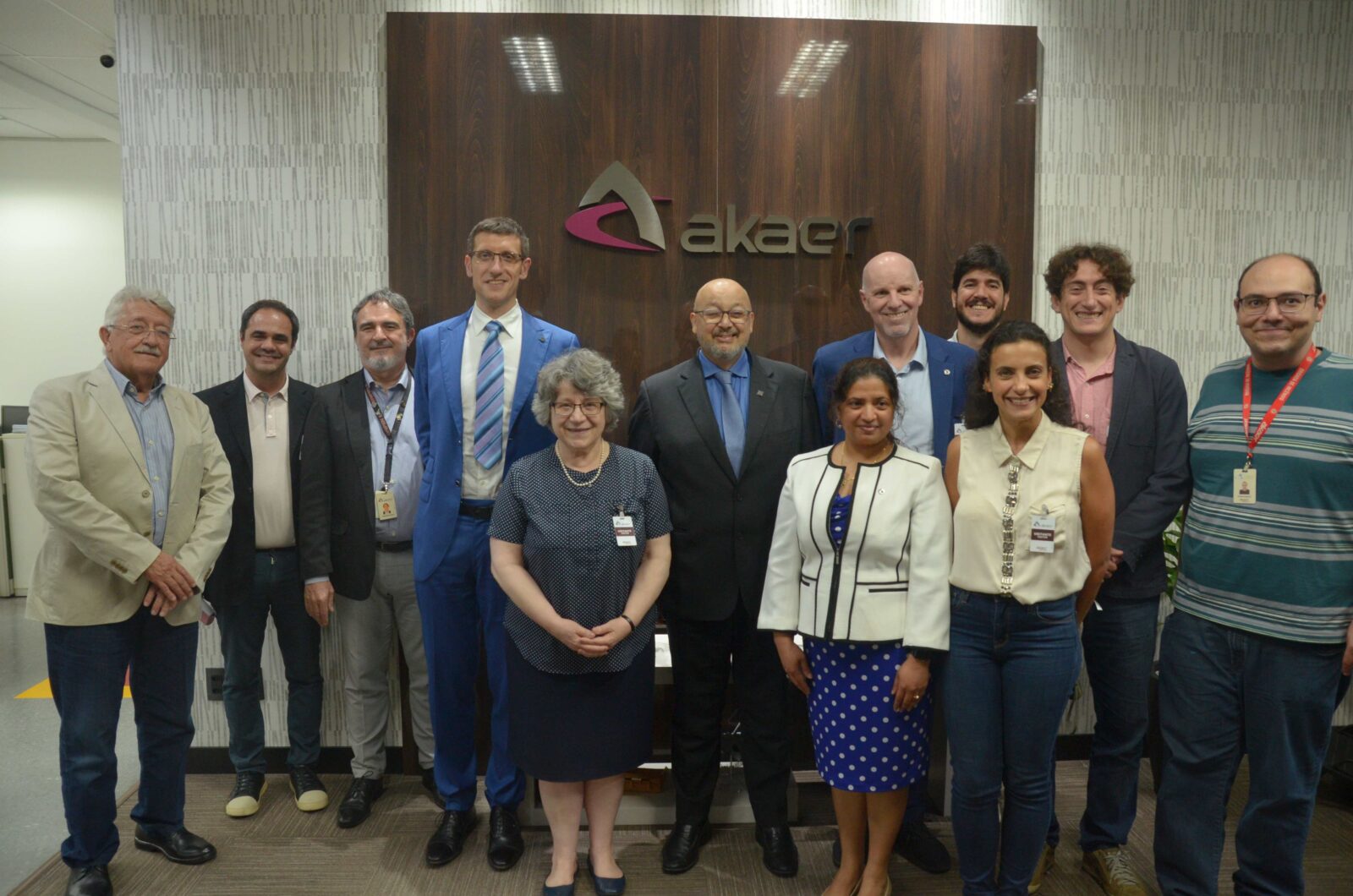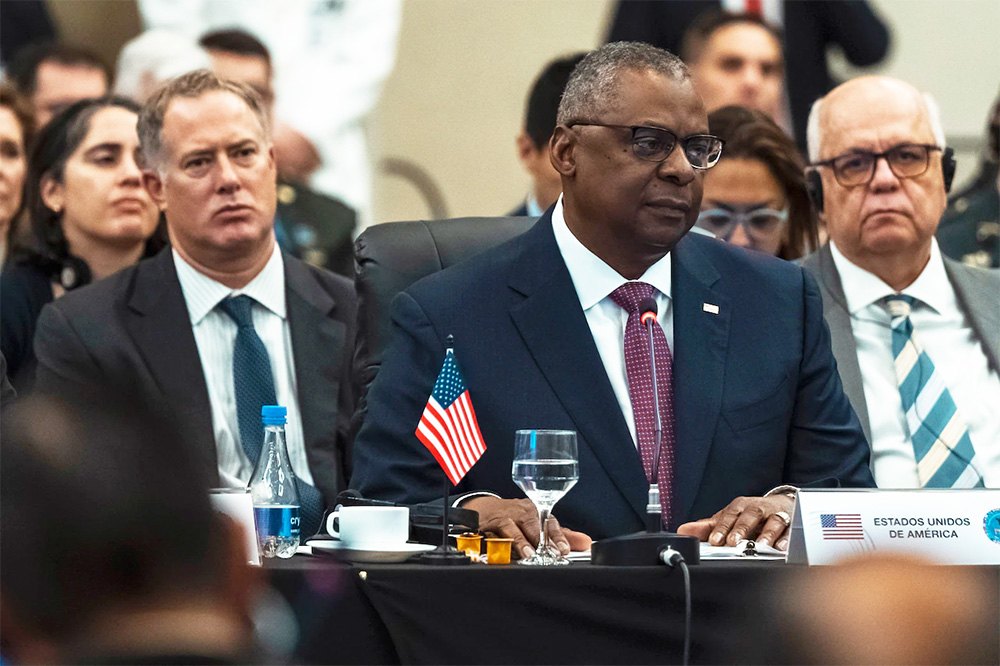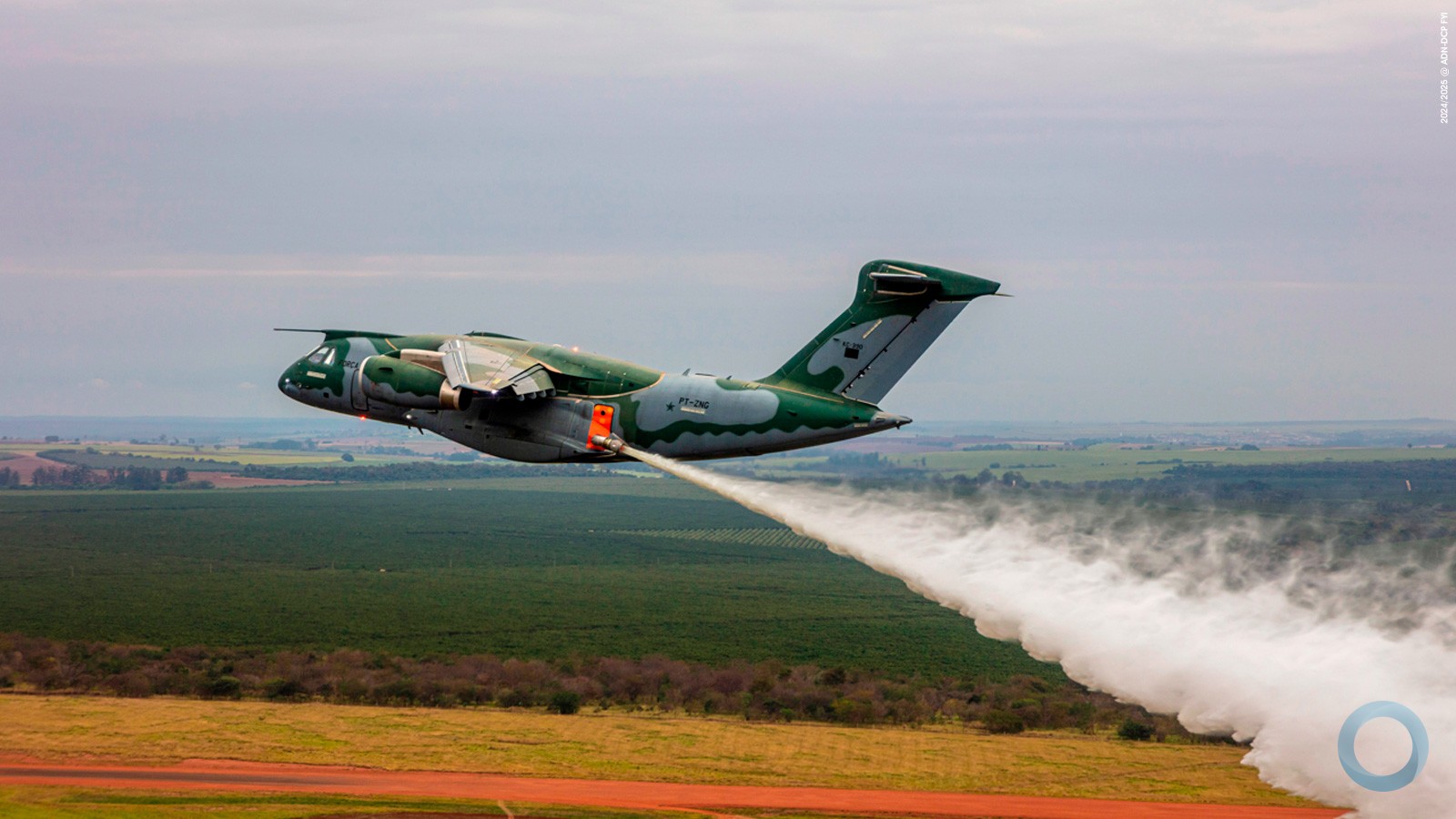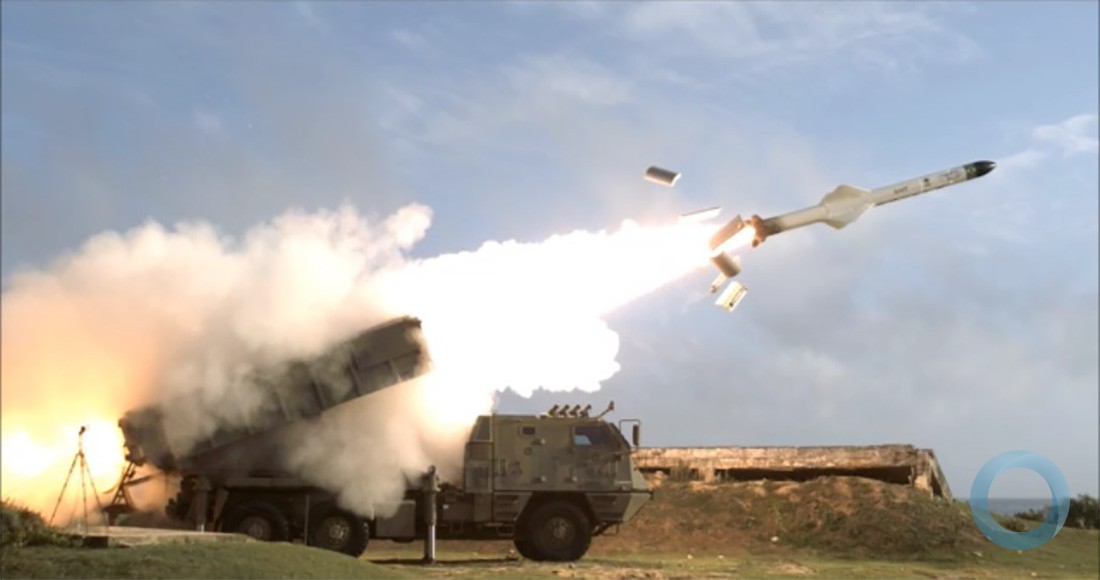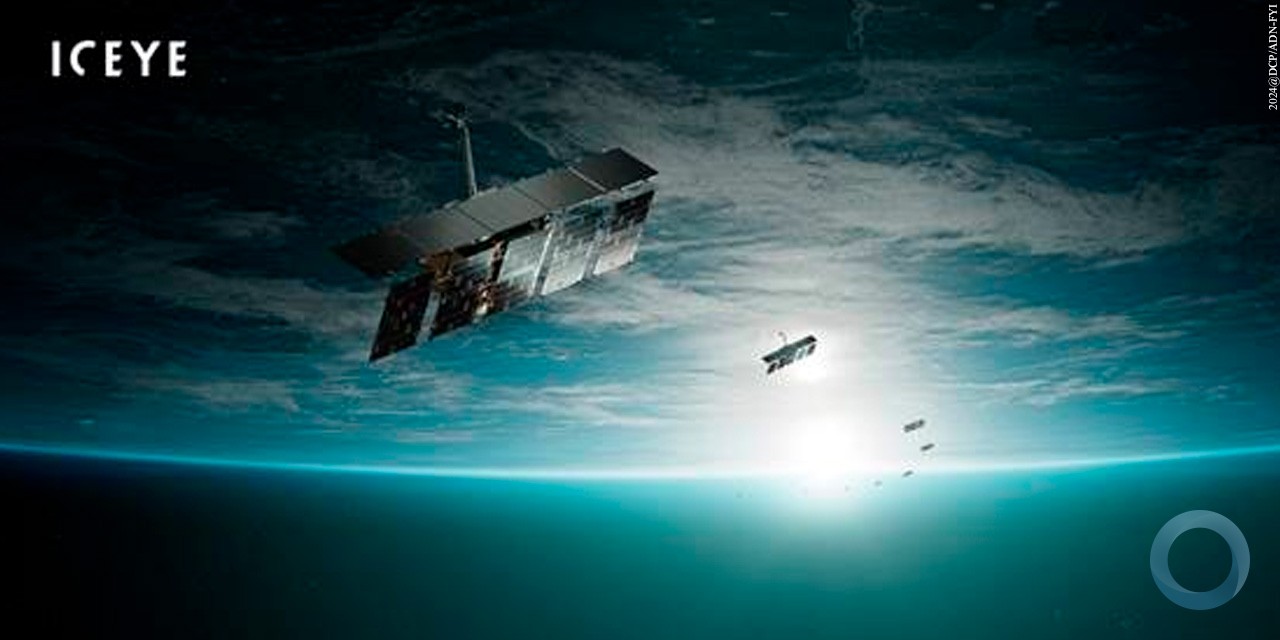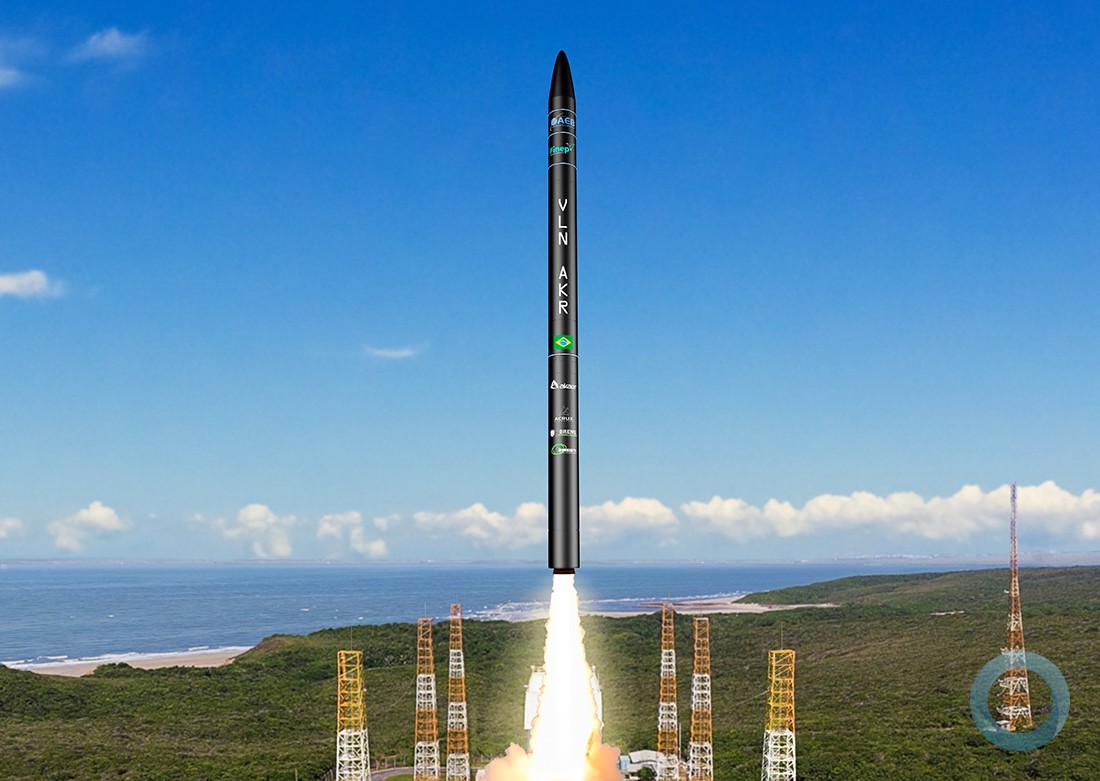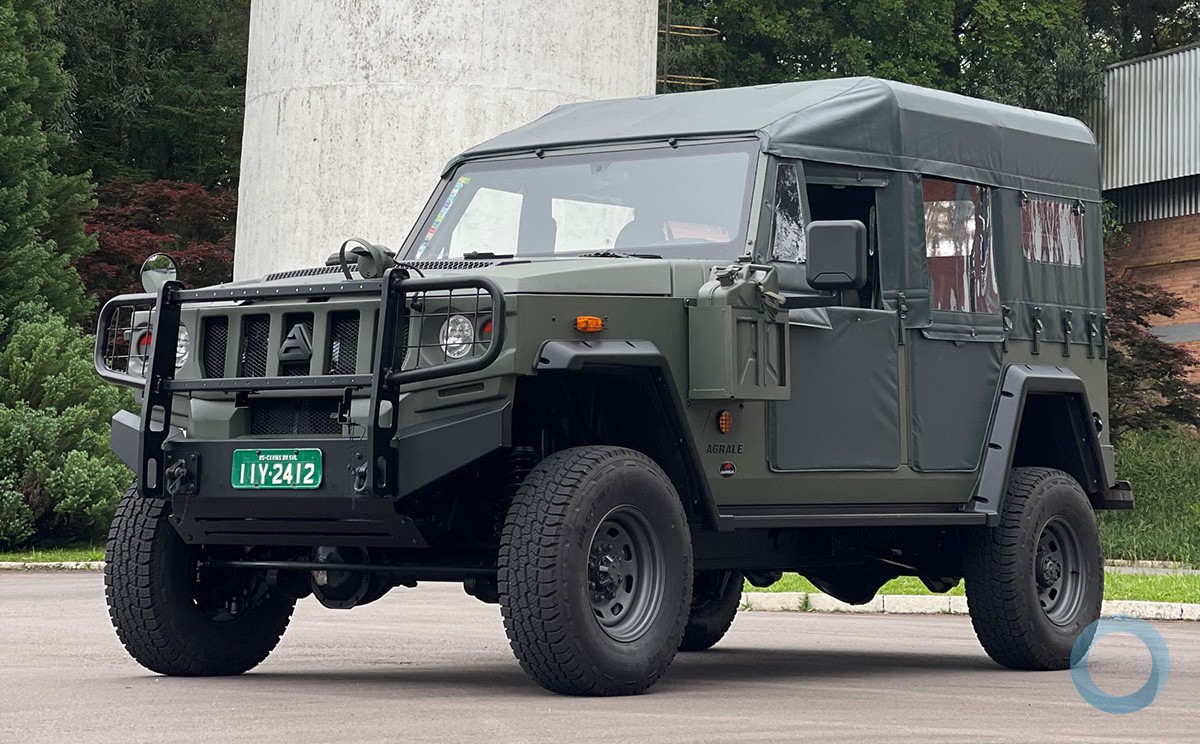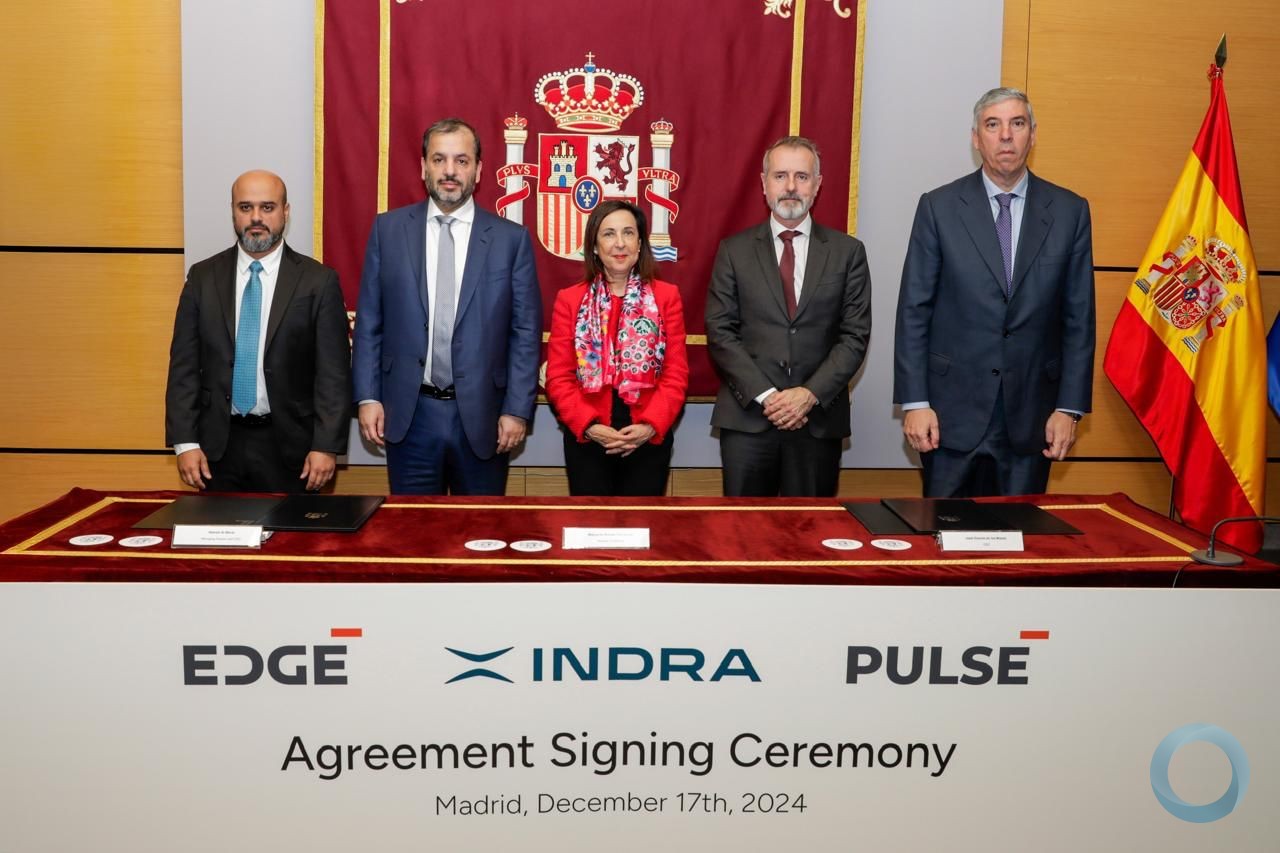The first panel in the Brazil Investment Forum 2018, that happened , in 29MAY2018, in São Paulo “Strategic partnerships in defense can promote growth”.
Panelist included:
Donna Hrinak – VP Boeing Latin America
Ruben Lazo – VP Thales Group Latin America
Micael Johansson – SAAB
Zhang Guanjie – NORINCO Director for America and Africa
Jackson Schneider – CEO EMBRAER Defesa & Segurança
Willian Waack – Moderator
The defense industry has been experiencing a period of transition in which new technologies, such as artificial intelligence, cybernetics and Big Data analytics gain momentum in investments made by companies and governments. Making strategic partnerships that result in technology transfer is one of the ways that can contribute to growth in Brazil, as stated by defense industry panelists at the 2018 Brasil Investment Forum, which takes place on Tuesday (29) and Wednesday (30), in São Paulo (SP).
BOEING
"The defense industry has been going through a transition, given increased mobility, digital convergence and threats posed by new technologies, which extends the complexity of systems," said Donna Hrinak, Boeing's Vice-President for Latin America, who opened an office in Brazil six years ago to gain space in the Brazilian market and has a research center for biofuels in partnership with Embraer. "There are opportunities for partnerships on the horizon and we are interested in selling fighter aircrafts.
EMBRAER
The President of EMBRAER Defense & Security, Jackson Schneider, pointed out that the breakthrough of disruptive technologies and virtual threats pose challenges for companies to adjust to the industry's business cycle, characterized by robust resources and long-term investment maturation. "Overcoming obstacles with partners is critical, but absorbing this technology in Brazil for the domestic industry is even more critical, in this context we see the partnerships," he said, when asked about a potential partnership between the Brazilian company and Boeing, as suggested by American aircraft manufacturer earlier this year.
Satellites
According to Ruben Lazo, Vice-President of Thales Group for Latin America, the strategic partnership with the Brazilian Government has been successful. Last year, Geostationary Defense and Communications Satellite (SGDC) was launched for military purposes and also to offer broadband in remote areas. Fully controlled by Brazil, with an investment of almost 3 billion Reals, the satellite was developed under a technology transfer regime. About 40 Brazilian engineers were trained for two years in France.
A technology transfer center was launched in Brazil, and it has also a technology center focused on the manufacturing of Thales radars. "There are 30 Brazilian airports, such as Guarulhos and Galeao, which use radars produced here, and we even export radars to China," explained Lazo, who emphasized that the company's plan is to expand production in Brazil and also replicate the national radar content model on satellites. "The first satellite was manufactured abroad, but the second one can be made with more production in Brazil, and the third one can be made almost entirely with our existing technology here, that is our goal."
Sweden
Sweden has only 10 million habitants and by this reason SAAB search grow in other markets with business scope in industrial cooperation and Transfer of Technology (ToT). By this way Brazil becomes a key partner in the international global chain supply based in the Program Gripen fighter. Say SAAB vice-president global, Micael Johansson.
China a newcomer
China also observes the Brazilian defense market. Norinco Group Director for America and Africa, Zhang Guanjie, pointed out that the company makes US$ 30 billion globally, with 80% of the revenue accounting for overseas sales. "Strategic partnerships are a form of growth," he noted.
Defense
Vice-Admiral Marcelo Campos, who represented the Defense Minister Joaquim Silva e Luna, said the government has been discussing with BNDES (National Bank of Social and Economic Development) the creation of an international credit line focused on the area, and has been working in the House of Deputies to increase the resources of the Merchant Marine Fund, which could stimulate orders in the shipbuilding industry.






